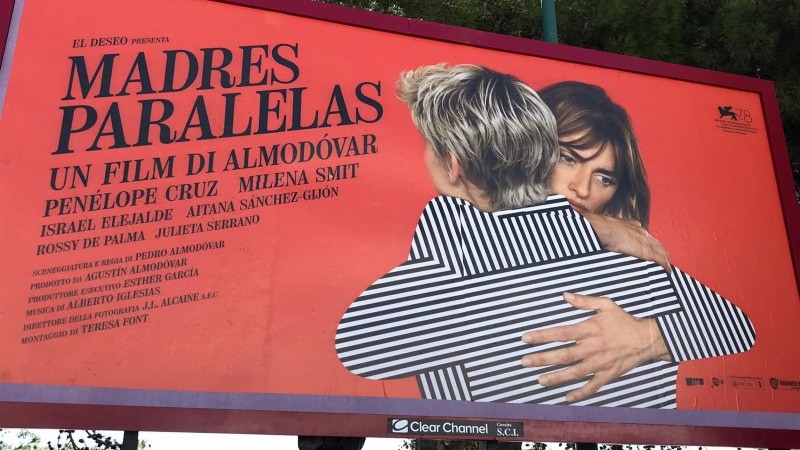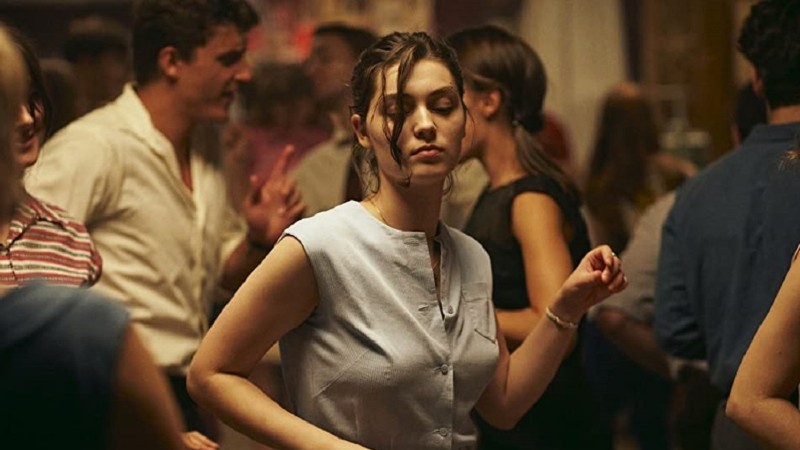Sparse on narrative, Fidel Devkota’s directorial feature debut, The Red Suitcase, follows the two-day journey of a delivery pick-up driver. He’s transporting boxes from Kathmandu airport to a remote village in the mountains. Meanwhile, a man is seen on route to the same village with a small red suitcase.
While on the surface it resembles calm waters, beneath the tranquility are perilous swells. Devkota, whose background is in anthropology, brings a unique eye to the film form, and crafts what is likely to be an acquired taste. It echoes the tradition of arthouse cinema, and yet conveys the individual spiritual culture and traditions of Nepal, that, to the Western eye, gives it a feeling of otherness.
For huge swathes, the film omits any dialogue, engaging the audience through silence. At 85 minutes, it’s a slow-burn movie that merges horror with the political and philosophical. It’s at the 20-minute mark, when he’s parked on the road, that one of the first signs of the horror occurs. It’s something the driver cannot explain, but to the audience it’s an escalation of a strange moment at a petrol station, which reveals an unsettling horror.
Meanwhile, in a later scene, a conversation opens up the film’s political inclinations, that merges with the philosophical, or rather, Nepalese existential crisis. This, however, leans more into political and cultural anxiety, but the seething criticism of the government is laid bare.
Devkota patiently reveals his intentions, and yet The Red Suitcase manages to internalise some of its thoughts, never offering us the impression that the film or its filmmaker have fully bared their souls.
A film that will divide audiences, it needs to be viewed through a specific lens. The anthropological gaze of its director, who places an emphasis on what he describes as, “meticulous ethnographical details that can deepen emotions and drive the narrative forward”, will challenge some Western audiences. The cinematography is traditional, and the long takes recall western arthouse, but beneath the film form’s universal language, the ethnographical details imbue The Red Suitcase with a complexity. We must see and hear, not only look and listen, in order to fully understand the nuanced communication within the imagery.
Despite the one conversation, The Red Suitcase treats death and grief as something that words cannot begin to address. Throughout, one senses the hopelessness of the Nepalese reality, an ongoing cycle where grief and despair spread. Sometimes the response is silent, sometimes it’s spoken, and other times it feels as though people are paralysed by it. To his credit, it’s a way into the film before the director hints at what’s inside the boxes, and by the end, the most apt description for this beguiling work is that it has something to do with death.
Devkota announces himself onto the world cinema stage with a meditative reflection on Nepal – specifically the price a country pays when the young are treated as expendable. His accomplishment is to speak to a diverse global audience, while also speaking about events and cultural traditions that the domestic audience will recognise.
The Red Suitcase has just had screened in the Orizzonti section of the 2023 Venice Film Festival.










